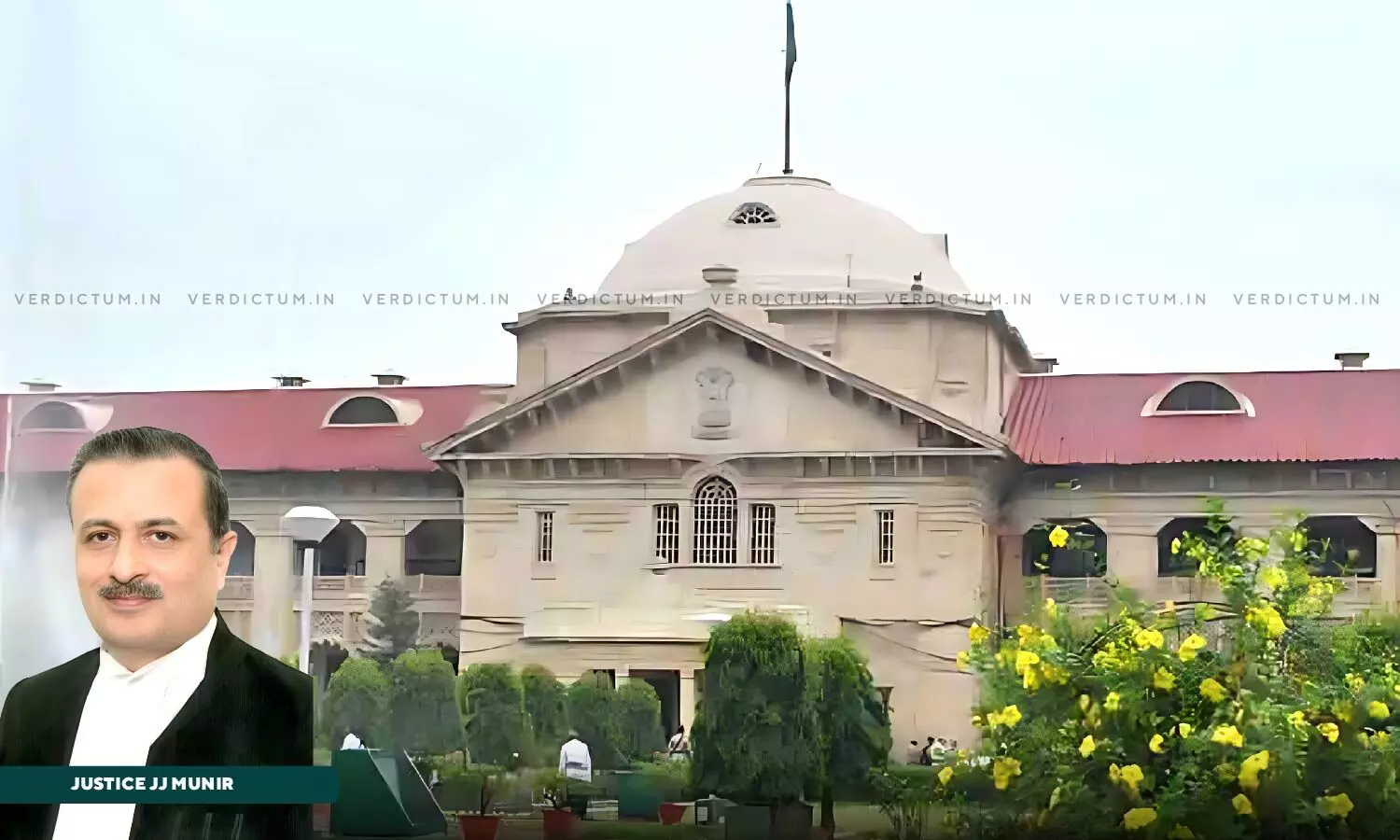
There Is No Statute Regulating Functioning Of Society: Allahabad HC Dismisses Plea Alleging Violation Of Public Duty By Kshetriya Shri Gandhi Ashram
 |
|The Allahabad High Court while dismissing a petition alleging violation of public duty by Kshetriya Shri Gandhi Ashram observed that there is no statute regulating the society’s functioning or providing the State and its Officers control over its affairs.
The Court was hearing a Writ Petition against an order passed by the Secretary, Kshetriya Shri Gandhi Ashram who required the petitioner to vacate his official quarters.
The bench of Justice J.J. Munir observed, “case of a society, like Shri Gandhi Ashram, is very different. It is no more than a registered society, registered under the Societies Registration Act, 1860. The Kshetriya Shri Gandhi Ashram, Meerut is a regional body. Its parent body is the Shri Gandhi Ashram, Lucknow. There is no statute, regulating the functioning of the society, or providing the State and its Officers, control over their affairs.”
Advocate Abhishek Pandey appeared for the Petitioner and CSC Rajiv Sharma appeared for the Respondent.
Brief Facts-
The petitioner Prem Chand, a Supervisor at Kshetriya Shri Gandhi Ashram and elected Secretary of its Employees Union, filed a complaint with Union Bank and Canara Bank about a forged sale deed and misuse of funds by the Ashram. Following an inquiry, the Ashram's bank accounts were frozen. The petitioner alleged that he was threatened by the Ashram's Secretary to withdraw his complaint. Subsequently, the petitioner was dismissed without an inquiry and was ordered to vacate his employee housing. The Petitioner has challenged both orders through a Writ Petition.
The Court mentioned the decision in U.P. State Cooperative Land Development Bank Ltd. v. Chandra Bhan Dubey and others, (1999) 1 SCC 741 and observed that the Supreme Court does seem to obliterate the divide between public duties and private duties or public functions and private functions for the purpose of maintainability of a Writ Petition under Article 226 of the Constitution and greatly expanded the scope of the High Court's writ.
However, the Court observed, “what cannot be lost sight of is the fact that the observations of their Lordships, for the maintainability of a writ petition against any person or authority, irrespective of whether the action arose under the public law or private law, were made in the context of the Uttar Pradesh Cooperative Land Development Bank, an entity not only governed by the provisions of the Uttar Pradesh Co-operative Societies Act, 1965 that deeply regulates the functions of a Cooperative Society, but further that Cooperative Societies, like the Bank under reference, was subject to statutory control by the State Government. The State Government constituted the Uttar Pradesh Cooperative Institutional Service Board. The Service Board, with the approval of the Governor, framed regulations, called U.P. Co- operative Societies Employees Service Regulations…”
The Court did not find that there is any violation of a public duty or public obligation, cast upon the Kshetriya Shri Gandhi Ashram as may make it amenable to the Writ jurisdiction under Article 226 of the Constitution.